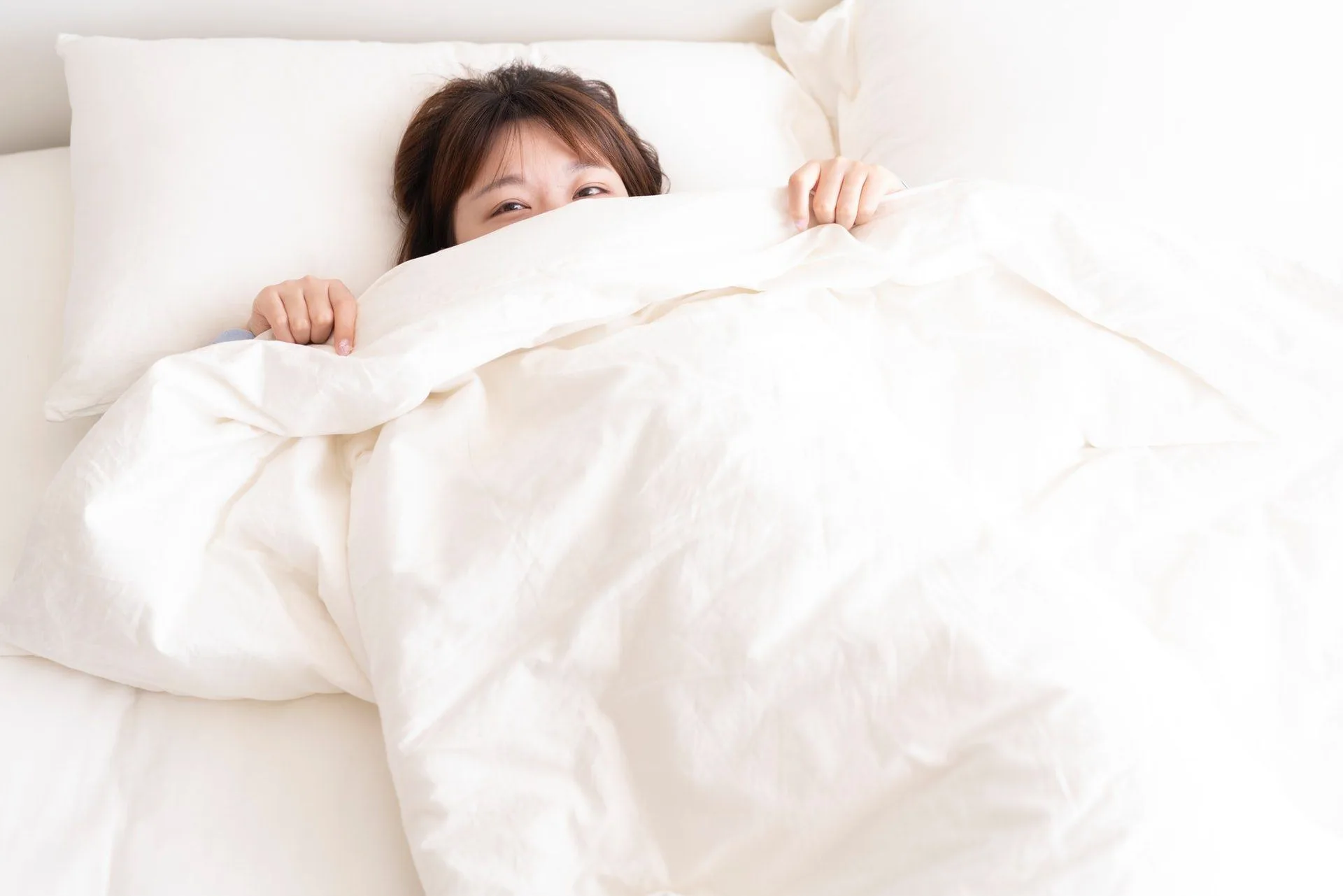Good sleep hygiene is vital to your physical and mental health. Getting a good amount and quality of sleep will help boost your immune system and improve mental alertness. But if you regularly have trouble falling asleep or find yourself waking up in the middle of the night, you may need to ask your physician if you need sleeping pills.
If you get a prescription, you need to be aware that many prescription sleeping pills are only recommended as short-term solutions due to their numerous side effects, including drug dependency.
One type of prescription sleeping pill known as sedative-hypnotics works on brain receptors to slow down brain activity. This may cause you to fall asleep faster or stay asleep throughout the night. Though mainly used to treat anxiety disorders, benzodiazepines are one of the most commonly used sleeping medications.
It is also effective sleep aid, but taking them for longer periods may lead to becoming dependent on it. This is why it’s important to find different alternatives that will support your sleep goals for the long haul.
Establish a Consistent Sleeping Schedule
For adults, the suggested amount of sleep each night is at least seven hours. This is enough to give you the energy you need the next day. But to get the most out of your sleep, make sure to follow a consistent sleep pattern by sleeping and getting up at the same time every day.
This keeps your body’s sleep-wake cycle, also called the circadian rhythm, aligned with the time of day. When you follow a regular sleep schedule, it signals your brain when you naturally need to be awake and when your body needs to wind down and get ready to rest. Moreover, you get a more restful sleep at night and become more alert during the day.

Photo by Carl Barcelo on Unsplash
Exercise Regularly During the Day
Having a healthy lifestyle and engaging in regular physical activity may help promote better sleep as well. Even if you do low-impact exercises like walking, practicing yoga, and cycling, you can still get health benefits.
It can help maintain your weight, strengthen your bones and muscles, and reduce the risks of cardiovascular diseases. By setting a time to exercise every day, it may also help in establishing a healthy routine. Although daily exercise improves your sleep quality, it’s best to do it during the day, so it won’t interfere with your sleep cycle.
In addition, regular exercising can help those with severe insomnia. A study by the National Center for Biotechnology Information (NCBI) showed that exercise reduced the time to fall asleep by 55 percent, minimized total night wakefulness by 30 percent, and increased total sleep time by 18 percent.
Limit Caffeine Intake
As a stimulant, caffeine can increase brain activity and enhance your focus. It can also boost your energy and increase the circulation of adrenaline in your body. These are helpful for when you need to stay awake during the daytime, but not when you are about to get ready for bed.
So, to help your body naturally relax at night, avoid drinking any coffee so close to your bedtime. Instead, you may want to limit consumption of caffeine to mornings only as it can stay in your blood for 6 to 8 hours.
Create A Restful Sleep Environment
Another way to promote better sleep is by setting your bedroom to be conducive for rest. Keep it quiet, dark, and cool as you wind down for the night.

Photo by Conscious Design on Unsplash
Maintaining the room’s temperature to around 70 degrees Fahrenheit or 20 degrees Celsius is ideal, but you may change this depending on your preference. Turn off lights, electronic devices, and TV to remain undisturbed throughout the night. In addition, you may want to invest in a mattress and pillows that offer proper back and head support. This way you won’t have any shoulder or back pains when you wake up.
Clear Your Mind and Relax
Worrying may also contribute to your sleep problems. You can relieve your anxiety by jotting down all your concerns and then setting them aside to deal with the next day. In addition, you can prepare your mind and body for bed by reading a book, listening to relaxing music, or taking a relaxing bath or shower beforehand.
A warm bath may improve sleep quality and promote deeper sleep, according to another study by NCBI. If you still have trouble falling asleep, you may also do some relaxation practices, stopping yourself from tossing and turning. Start by taking slow and deep breaths to engage your body’s natural relaxation response.
While you are lying down, begin with 10 deep breaths and continue gradually. This slows your breath and helps you feel calmer. These breathing exercises are also coping mechanisms for anxiety and are taught in Tucson drug rehab centers and other treatment facilities.

Photo by Michał Parzuchowski on Unsplash
Prescription
Due to their possible harmful side effects, sleeping pills are only prescribed to be used for a short amount of time.
Conclusion
In order to continue having better sleep quality, consider changing your lifestyle and adopting healthier habits.
Keeping your internal clock in sync day and night time aids your sleep, and you can help prepare your mind and body for bedtime by creating an environment that promotes rest. This way, you will have a more restful and uninterrupted sleep. As you try these alternatives, remember to consult your physician on the best practices that you can do to establish good sleep hygiene.
Who Is The Author?
Charles Miller
 Charles has worked in the field of psychology for over 10 years. He specializes in developmental psychology and is aiming to help more people through awareness and information campaigns.
Charles has worked in the field of psychology for over 10 years. He specializes in developmental psychology and is aiming to help more people through awareness and information campaigns.



![women [longevity live]](https://longevitylive.com/wp-content/uploads/2020/01/photo-of-women-walking-down-the-street-1116984-100x100.jpg)










